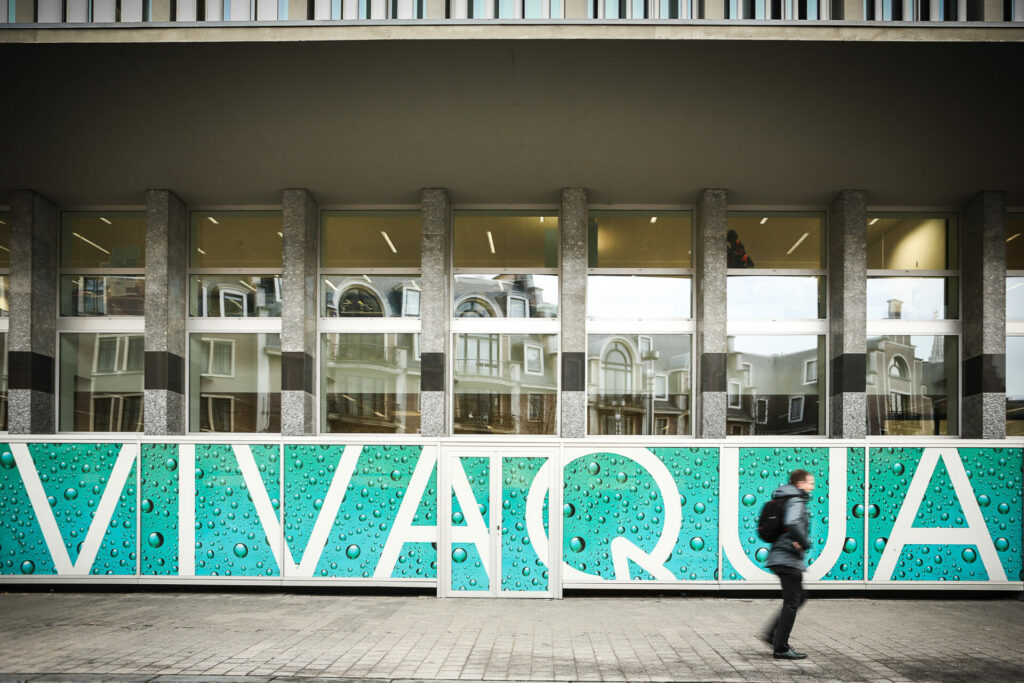More than a fifth of Brussels residents currently find it difficult to afford their water bills, as repeated price hikes by water utility companies over the past few years have taken their toll on those living in the Belgian capital.
According to a recent study by the King Baudouin Foundation (KBF), 21.9% of Brussels residents now suffer from "water insecurity" – a technical concept that measures a person's ability to pay for water. A person is defined as water insecure if their water bill exceeds 2.1% of their income after accounting for housing costs.
Brussels residents' inability to pay for water was found to be much more acute compared to the rest of the country. In Wallonia, 19.3% of residents were classified as water insecure, while in Flanders this figure dropped to less than one in ten (9.1%).
The pour suffer what they must?
Unsurprisingly, water insecurity disproportionately affects poorer or otherwise less fortunate Belgians. "56.5% of households at risk of poverty and 43% of households with low work intensity are [water insecure]," Sandrine Meyer, one of the study's co-authors, told Le Soir.
She added that 27% of single-parent households and 20.8% of single people were also classified as water insecure. Meyer also noted that Belgians suffering health issues are overwhelmingly more likely to experience water insecurity. "24.2% of people reporting having a poor to very poor general state of health live in a household [experiencing] water insecurity."
One key reason for the currently elevated levels of water insecurity is the fact that water costs have outpaced the (already historically high) rate of inflation. "Since 2013, the average price of water has been rising faster than the consumer price index. Over the period 2010-2021, the price of water has increased by more than 34%, compared to 21% for the [consumer price index]."

The Vivaqua headquarters in Brussels. Credit: Belga / Siska Gremmelprez
Indeed, Belgium's high inflation appears to have both caused and exacerbated citizens' economic anxiety. Earlier this year, water utility company Vivaqua hiked its bills in Brussels by 14.5%, citing high inflation and in particular high energy costs as a key reason for the price rise.
Analysts predicted that the increase would further aggravate Belgians' already severe economic malaise. "It is unreasonable for consumers to bear these costs," said Hilde Sabbe, who previously served as a Brussels MP for the one.brussels-Vooruit socialist party. "Vivaqua has been in financial difficulty for a long time and now the people of Brussels are being presented with the bill!"
Related News
- Increased water prices will spark water poverty, Brussels party warns
- Belgium in Brief: Thinking twice about the tap water
She added: "Access to clean water is essential and a basic right for all Brussels residents. That principle is now coming under severe pressure. Many Brussels residents are already struggling to keep their heads above water. Don't let them drown."
The KBF study comes shortly after it was revealed that thousands of Belgians have been exposed to harmful levels of PFAS "forever chemicals" in the water supply over the past few years.
Some estimate that up to half of Brussels residents may have been exposed to dangerous quantities of the chemicals, which have been linked to heightened risks of various types of severe illnesses including thyroid, kidney, and testicular cancer.

